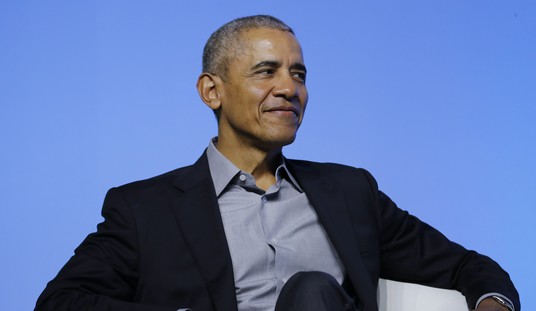Homeland Security Secretary Jeh Johnson said whether President-elect Trump could deport 750,000 people who were brought to the country illegally as children and signed up for the Obama administration’s legalization program may fall to the courts because of language in the documents those immigrants signed.
Tonight on MSNBC, Johnson called the Deferred Action for Childhood Arrivals (DACA) program launched in 2012 “very successful.”
“They’re students. They work hard. And as a class, they are remarkably responsible group of people,” he said. “And in terms of our priorities for deportation, they are at the bottom of the priority list.”
“So, my hope is that the next administration will come to the view that, you know, we have, which is the top priority for deportation are threats to public safety — the criminals, the convicted criminals. We’ve actually been focused on the convicted criminals for reasons of public safety. And you can’t deport 11 million people. It’s not a good idea to try. You need to focus on threats to public safety.”
Trump told TIME magazine, in the article accompanying his Person of the Year award, that “we’re going to work something out that’s going to make people happy and proud.”
“They got brought here at a very young age, they’ve worked here, they’ve gone to school here. Some were good students. Some have wonderful jobs,” Trump said. “And they’re in never-never land because they don’t know what’s going to happen.”
But Johnson said if the incoming president ultimately decides to deport some or all of the DACA beneficiaries, it may go to the courts.
“In the forms we put out, we said this information will not be used by immigration enforcement. And then there is this boilerplate language that says this policy does not create an enforceable right or whatever it says and can be changed at any time,” the secretary said. “And so, the legal question is whether that boilerplate overrides any representations in the document or whether when somebody applies and they rely on the representations made to them about the limited uses of that, that is an enforceable promise by the U.S. government.”
Johnson said the next administration should “wrestle with comprehensive immigration reform” and “ought to reckon with the fact that these people ought to be allowed to come out of the shadows and stay on the books.”
He also told the network that after stepping down from DHS in January, his public service career is over.
Johnson said he intends to return to private law practice in New York, “where I don’t have to inform five people that I’m going to the men’s room.”
“Long time ago, I was running the New York City subway system. And the car cleaned out. And I looked to the back of the car and there was Cyrus Vance, back in a private law practice in New York City. You know, hanging over a newspaper with a rumpled up trenchcoat all by himself,” he said. “Nobody recognized him. And I want to be Cyrus Vance.”









Join the conversation as a VIP Member